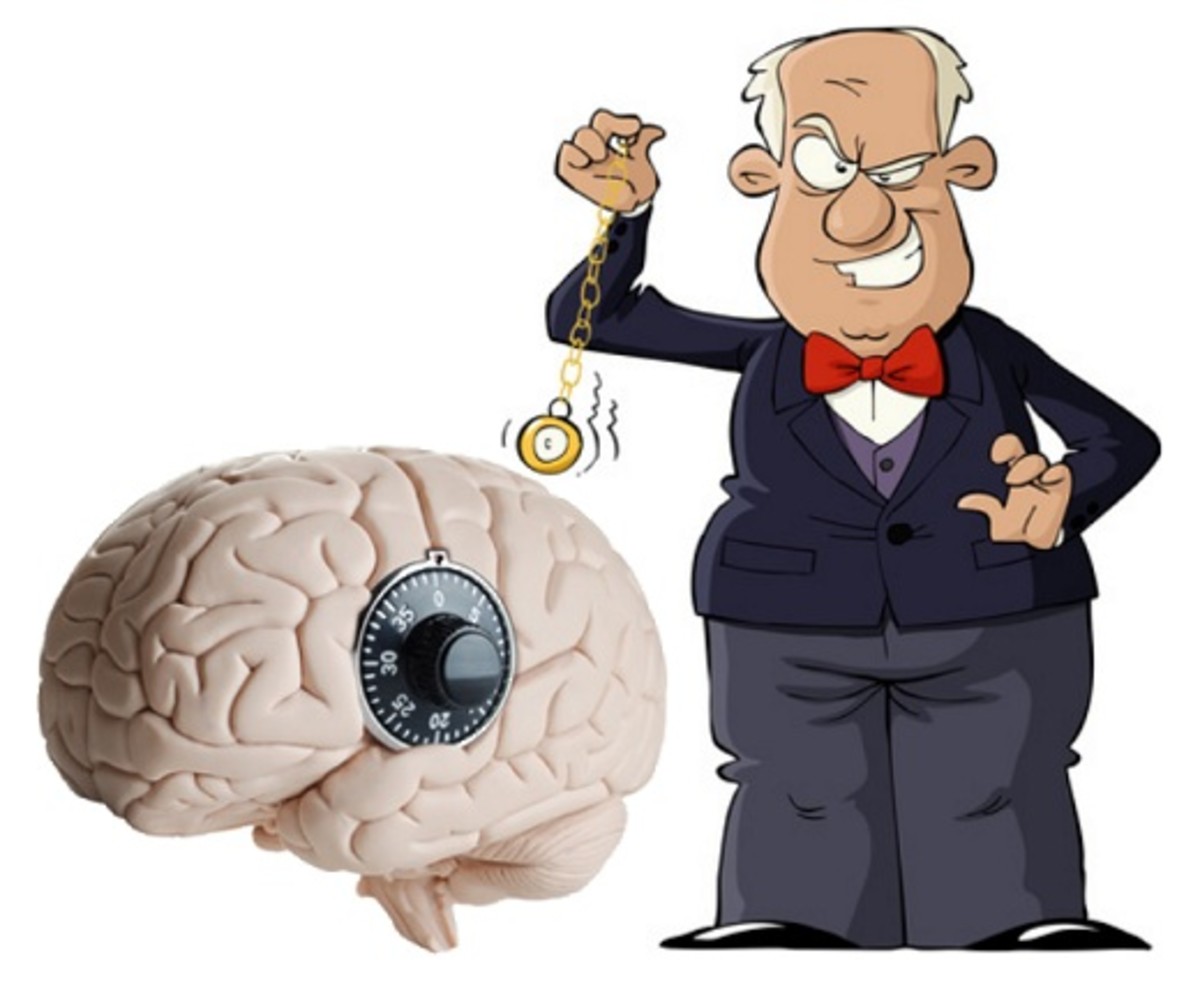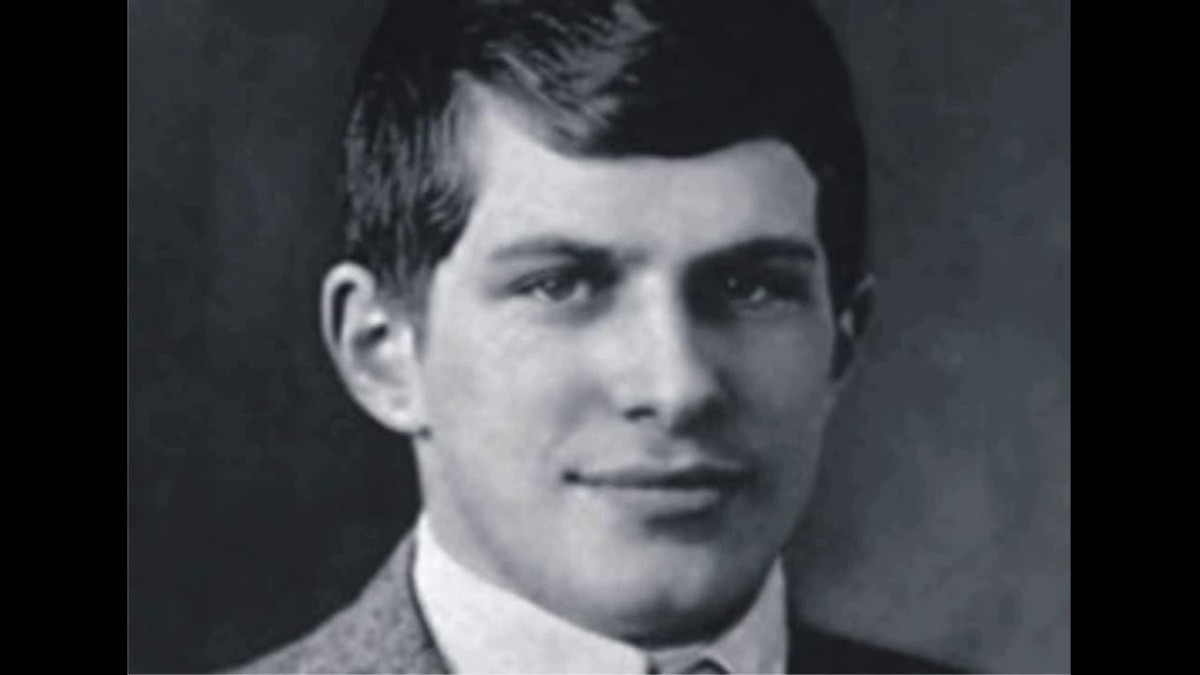Intuition (Pt 2): Where intuition comes from
Everything you know ultimately comes from input to your senses. Sight, hearing, touch, taste, and smell (throw in balance, too if you like, though most people stash it between sight and hearing) provide all the data that we acquire from the external world.
Is intuition...
Our senses form the interface between our intellect and our world. That’s all you get.
Realizing your own existence from the inputs of five different detection systems is pretty amazing. Amazing but hardly unprecedented. Your entire genetic description is written in a language of just 4 “letters” and the technology you’re using to read this is based on a handful of physical principles that support a two character logic alphabet, ones and zeros. Building complex systems from simple components seems to be a wonderful trait of this universe.
Along with the five senses, the brain is equipped with many tools for processing those data streams.
Babies have to learn how to see, just like you had to learn how to read. It turns out that most of the visual data processing is done in the optic nerve. Even before the data makes it to the processing centers of the brain, colors, brightness, boundaries between different shades have all been assembled. It’s an excellent example of intuition: you don’t have to think your way through all the information provided by your retina.

Here’s the deal: our brains are pattern recognizing devices.
At the lowest level, we distinguish scents, hot and cold, bass and treble, red, blue and green – everything – into patterns without reflective thought. At the next level, we process those simple patterns into more complicated patterns and concepts. As processes grow in complexity, that is, from distinguishing silver from black to right and wrong to ugly and beautiful, our pattern recognition systems require ever more training.
We are so good at detecting patterns that we detect them even when they aren’t there. When people are shown two sheets of paper, one with randomly placed dots, and one with uniformly distributed dots, and are asked to find patterns in the two sheets they almost always find more patterns in the randomly placed dots. There’s nothing weird about this. Random processes are not uniform, they tend to clump together, a few low probability events are bound to result in any random process. And people find patterns where they don’t exist. Perhaps this explains why people invest such significance in horoscopes – in keeping with the scientific method, our tendency toward pattern recognition rests on far simpler assumptions than the effect of distant stars and planets whose gravitational pull is dwarfed by, say, your iPhone.
Intuition is key to our survival.
Natural selection chose the best problem solvers. Our incredible ability to find patterns where none exist allows us to formulate solutions to problems in the time it takes for a shadow to cross our path or a scent to waft by or the sound of a snapping twig to reach our ears.
We create solutions where there aren’t any and think that they “came to us” because it fits the pattern we’re creating. The hominids that stood around trying to figure out whether or not the saber tooth tiger bearing down on them posed a danger got eaten. Those who detected the pattern fastest – big growling cat + escape route – survived and reproduced.
Intuition is a learned process
No one ever intuited quantum mechanics. Einstein did not intuit relativity. But an amazing thing happens as we dive deeper and deeper into increasingly abstract fields.
In both teaching and learning quantum mechanics and relativity, I’ve experienced this crazy phenomenon: In their first course, students extract phenomena by applying mathematical tools to physics principles and the results amaze them. How can an electron be both in and out of the box? How can it get through a barrier that it should experience as an impenetrable brick wall?
(By the way, this example is hardly esoteric, it describes the basis for how the device at which your looking functions.)
But after a couple of years of grinding through the theory, they acquire the ability to look at the parameters of a quantum mechanical system and intuit how that system will behave – even though every aspect of it differs from their daily experience as human beings.
Intuition comes from the practice of thinking ones way through complex situations over and over again.
Some people begin their training as children in complex social situations without ever realizing that the currents flowing between synapses are fine tuning their pattern detection ability. These are the people who are known to be “intuitives” and are believed to possess psychic powers.









